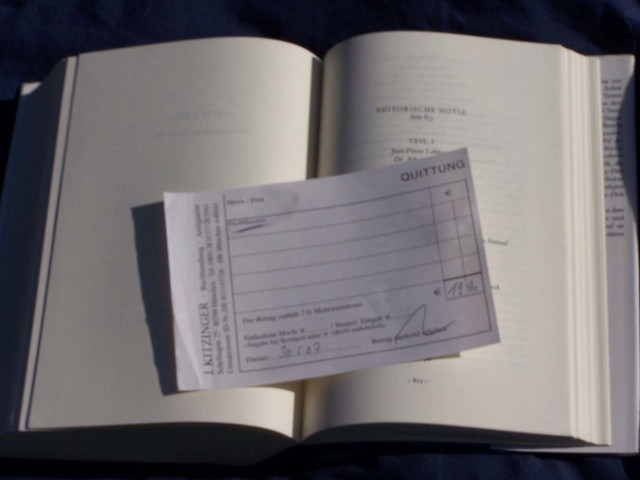Wangari Maathai's Nobel Peace Prize Acceptance Speech.
Wangata Maathai Speech Analysis 1357 Words 6 Pages Wangari Muta Maathai was awarded the 2004 Nobel Peace Prize in Oslo, Norway, delivering her acceptance speech to not only those in Oslo City Hall, but it was also televised for the world to witness.
Wangari Maathai expresses her gratitude to the world for her Nobel Peace Prize, and also calls her audience to action. Her goal is to convince the world that the environment has much more importance than most people seem to realize. In her speech she begins by expressing her gratitude, and.

Maathai was an ecologist who developed the Greenbelt Movement. She was also understood as a females’s rights advocate and she got numerous awards. A few of which were the Nobel peace reward in 2004, legion d’Honneur, France’s greatest award in 2006 and in 2005 she was named one 100 most powerful ladies by Forbes Publication.

Wangari Maathai was awarded the Nobel Peace Prize in 2004. In its citation, the Norwegian Nobel Committee noted Professor Maathai’s contribution to “sustainable development, democracy and peace.”The Committee further stated that Professor Maathai “stands at the front of the fight to promote ecologically viable social, economic and cultural development in Kenya and in Africa.

In 2004, Wangari Maathai was awarded the Nobel Peace Prize. This makes her the first female African to receive a Nobel Peace Prize. She was commended for her contribution to sustainable development, democracy and peace for her conservation effort, especially for the Green Belt Movement.

Wangari Maathai Nobel Peace Prize Speech. Essay on wangari maathai Essay Example. Goldman Environmental PrizeMaathai followed a path rarely taken by girlsVisitors will be able to learn about her life, listen to her speeches and see some 2019 The Culture Trip Ltd.

Empowerment Through Wangari Maathai As a woman there are many obstacles in this life. It is even harder if you are a woman that is African in a country that does not have its Independence. Even through all these obstacles Wangari Maathai succeeded and became an empowered woman. She did not let anyone get in her way even when they would throw.

Wangari Maathai Founding Member - Kenya, 2004. Dr. Wangari Muta Maathai was awarded the Nobel Peace Prize in 2004 for her actions to promote sustainable development, democracy and peace and was the first African woman to receive the Nobel Peace Prize. She passed away in September of 2011. The first woman in East and Central Africa to earn a doctorate degree, Professor Maathai was an active.

Wangari Maathai The Nobel Peace Prize 2004 forms, otherwise than in summary,. I stand before you and the world humbled by this recognition and uplifted by the honour of being the 2004 Nobel Peace Laureate. As the first African woman to receive this prize, I accept it on behalf of the people of Kenya and Africa, and indeed the world. I am especially mindful of women and the girl child. I.

Wangari Maathai's devotion to the cause of saving the forests of Kenya led to death threats, whippings and beatings, but in 2004 her work was rewarded when she became the first African woman to.

Because of her efforts, Maathai was awarded the Nobel Peace Prize in 2004. Historic Roots Wangari Muta Maathai was born in 1940 to a farming family in the highlands of Mount Kenya in Nyeri, Kenya. At a young age, Maathai became interested in Environmental Sciences. In 1964, she obtained a Biological Sciences degree from Mount St. Scholastica.

Wangari Maathai was awarded the Nobel Peace Prize in 2004, in recognition of her work with the Green Belt Movement, a group that organizes disadvantaged women in Africa to plant trees in order to preserve the environment and improve women' quality of life.
The essay prize competition is named in honor of Wangari Maathai ( b.1940-d. 2011), the Kenyan scholar and activist who, in 2004, became the first African woman to win the Nobel Peace prize. Wangari Maathai was Kenyan environmentalist who began a movement to reforest her country by paying poor women a few shillings to plant trees.



